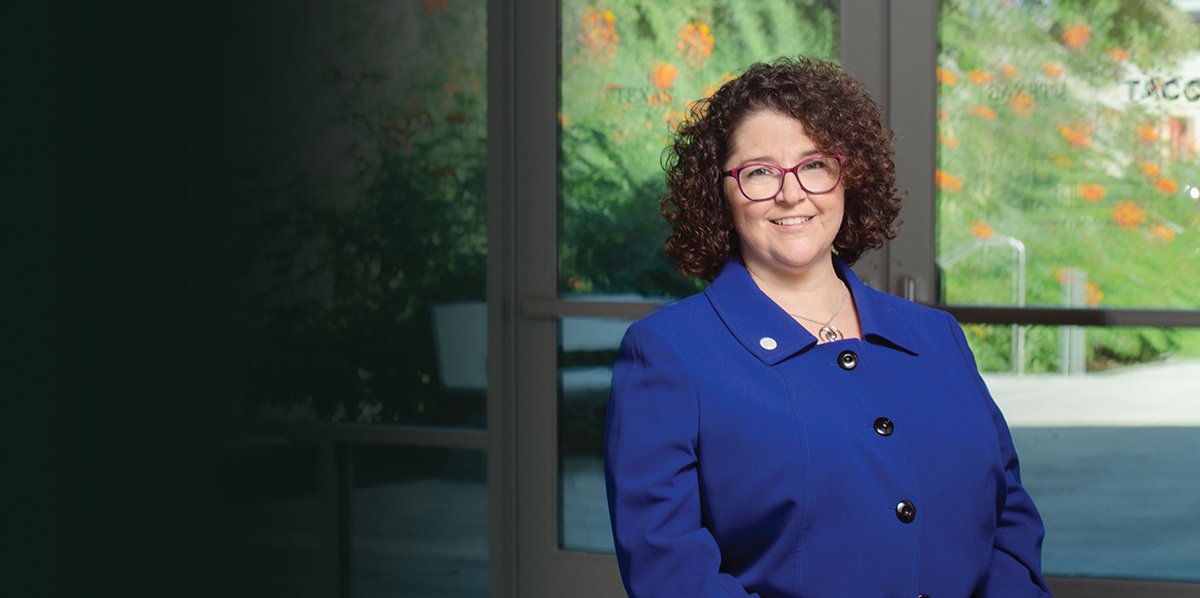People & Programs
Melyssa Fratkin
Leveling the Playing Field
TACC’s Melyssa Fratkin shares suggestions for diversity, equity, and inclusion in HPC

As TACC looks to the future with the Leadership-Class Computing Facility (LCCF), another important aspect of future planning must be addressed: diversity, equity, and inclusion in our workforce.
Computing in general, and high performance computing in particular, have historically lacked in gender and ethnic diversity. Recent surveys have shown that women make up less than 20% of the workforce in HPC. For IT overall, the numbers are better: in 2020 the U.S. Equal Opportunity Commission Bureau estimated that Black, Latinx, and Indigenous people together account for 16% of the industry population with Asians accounting for another 14%.
To help address this challenge, Melyssa Fratkin, TACC’s Industry Programs Director, co-founded Texas Women in HPC (TXWHPC), an organization that provides a venue for knowledge-sharing, networking, support, and visibility for groups that are historically excluded and under-represented in computing.
Earlier this year, Fratkin spoke at the Dell HPC Community Meeting to share strategies for improving diversity and engagement in the HPC community. She shares some of her thoughts for Texascale readers.
Texascale: Does diversity matter?
Fratkin: Yes, it matters a great deal. Having diverse leadership and multi-cultural teams can make companies more successful. And, importantly, today’s job applicants want to work with people who look like them who are succeeding in STEM fields.
The Millennial and Gen Z generations are more inclusive as a whole and look for companies that reflect their values. They have different expectations, including a preference for more flexible work, greater work-life balance, an emphasis on mental health, and better quality of life overall.
Texascale: How can HPC centers like TACC make a difference?
Fratkin: TACC has worked hard to build educational programs that run the gamut from high school summer camps, college courses, and professional training to education programs aimed at increasing the number of certified high school computer science teachers across the country.
These efforts must be intentional, and should be coupled with broader recruiting strategies such as incorporating inclusive language in job listings and a focus on organizational values like curiosity, transparency, and compassion to help bring a more varied workforce to HPC.
Our future is going to be much more diverse, and we can all benefit from these interactions in our workplaces and our communities. Growth comes from new ideas and new interactions. Diversity is not easy, but it is worth the effort.

